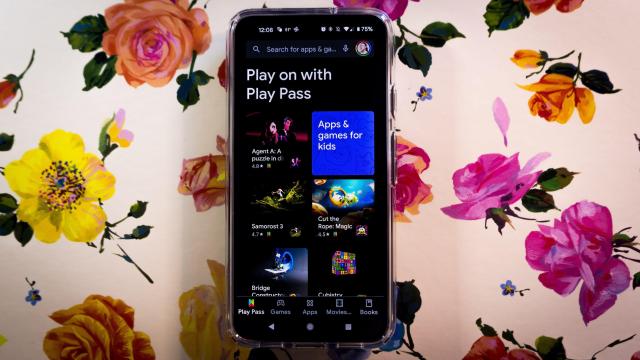Google is taking a page from Apple’s playback with a new safety section in the Google Play Store to help users better identify the kinds of data access and permissions that Android apps have in the background. It’s not immediately clear what the section will look like or where you should look for it, but it’s coming, and developers have until early 2022 to comply.
Android developers will be required to label what type of data is collected and stored and how that data is used.
“If we find that a developer has misrepresented the data they’ve provided and is in violation of the policy, we will require the developer to fix it,” Google said in the Android Developers blog announcing the change. “Apps that don’t become compliant will be subject to policy enforcement.”
Google lists the kind of criteria it will highlight in the Play Store. It includes whether:
The app has security practices, like data encryption
The app follows our Families policy
The app needs this data to function or if users have choice in sharing it
The app’s safety section is verified by an independent third-party
The app enables users to request data deletion, if they decide to uninstall
Every Android app in the Play Store will be required to share this information, including Google’s apps. The company said it will share new policy requirements and resources with developers sometime this summer, along with detailed guidance on app privacy policies. Google also promises to “continue providing new ways to simplify control for users and automate more work for developers.”
Google Play Store users will start to see the privacy and security-minded page pop up in early 2022. App developers have by the second quarter of 2022 to abide by the new policies, though they’ll have access to the new declaration features by the end of 2021.
Currently, Android users have to dig through the settings panel to check on Permissions accessed by apps installed. In the mobile version of the Play Store, there’s an option to expand app permissions, but it takes about three taps before it’s revealed.
The new page is similar to the app privacy nutrition labels Apple introduced in its iOS 14 update last year. In the iOS App Store, users are able to see what permissions a company will ask for and what data will be linked to them before they even download an app, similar to what Google is proposing.
It’s telling that Google pushed through this new privacy and security mandate for Android apps a mere two weeks out from the Google I/O virtual developers conference. Perhaps it’s to help highlight that the Android maker is doing its parts to reel in the doubts — some more justified than others — about the platform’s security protocols. And it certainly seems well-timed in light of Apple’s latest iOS 14.5 update, which lets you opt out of letting apps track you across websites and other apps.
